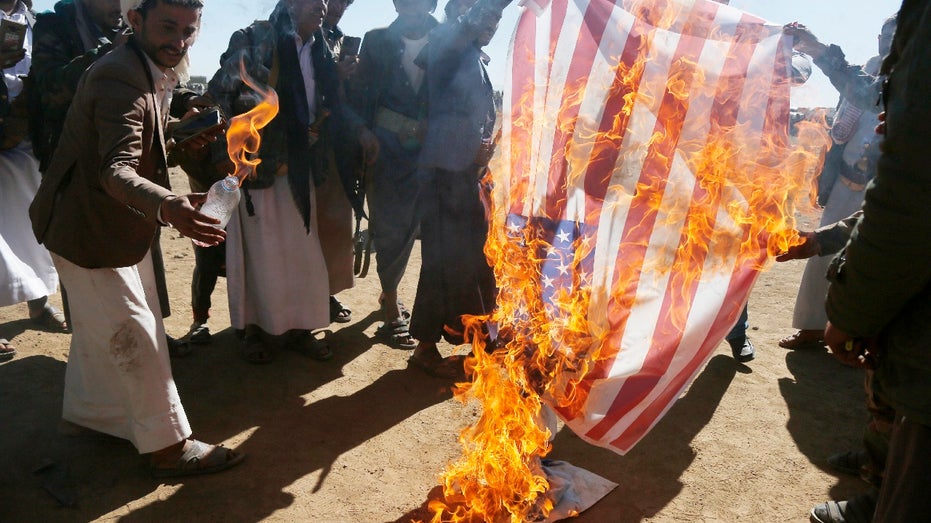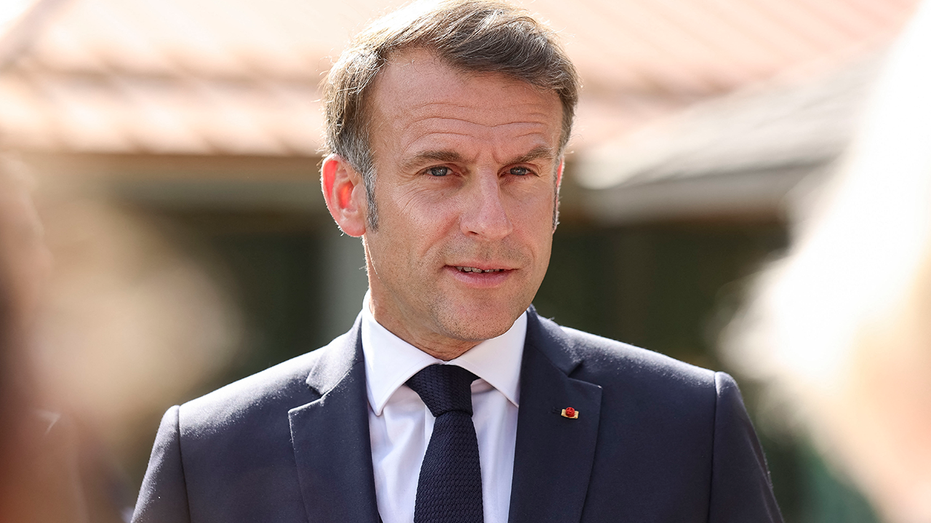Trump Administration Slaps Sanctions on Yemen Bank Over Houthi Ties

Sarah Johnson
April 18, 2025
Brief
The Trump administration sanctioned Yemen's International Bank and top executives for allegedly funding Houthi militants, aiming to disrupt attacks on Red Sea shipping and international trade.
The Trump administration has thrown down the gauntlet on the International Bank of Yemen (IBY), hitting it with sanctions for allegedly funneling money to Houthi militants. The U.S. Department of the Treasury’s Office of Foreign Assets Control (OFAC) announced Thursday that not only is the bank in the crosshairs, but so are its top brass: Chairman Kamal Hussain Al Jebry, Executive General Manager Ahmed Thabit Noman Al-Absi, and Deputy General Manager Abdulkader Ali Bazara.
Officials say these moves are intended to put a wrench in Houthi attacks on commercial shipping in the Red Sea—a vital corridor that’s seen more drama than a soap opera lately.
Deputy Treasury Secretary Michael Faulkender didn’t mince words, calling banks like IBY "critical" to the Houthis’ ability to move money and threaten international trade. He promised continued U.S. cooperation with Yemen’s internationally recognized government to "disrupt the Houthis’ ability to secure funds and procure key components for their destabilizing attacks."
According to the Treasury, IBY operates out of Sana’a under Houthi control and provides access to the SWIFT network for international financial transactions. Translation: It’s a financial lifeline for the Iran-backed Houthis, letting them dodge oversight and move money across borders.
IBY has reportedly helped Houthi businesses hustle oil deals and evade sanctions—classic bank shenanigans, but with a geopolitical twist. Under these new sanctions, any property or interests belonging to the named leaders in the U.S. are now blocked, and U.S. persons have to steer clear of any transactions involving them. That also goes for any companies owned 50 percent or more by these folks. The web of restrictions is wide and sticky.
OFAC’s rules make it clear: U.S. persons can’t touch anything tied to these sanctioned entities, whether it’s money, assets, or even a handshake across international borders.
State Department spokesperson Tammy Bruce reinforced the administration’s message, warning anyone thinking of cozying up to the Houthis or their financiers that the U.S. is serious about disrupting terrorist cash flows. Bruce also called out Chang Guang Satellite Technology Company Limited for allegedly helping the Houthis launch attacks, and didn’t hesitate to take a jab at China for, as she put it, talking peace while enabling chaos. (It’s always extra spicy when global powers start trading barbs over satellite companies.)
Bruce finished by reminding allies to judge China by its actions, not its slogans, and stressed that restoring safe passage through the Red Sea is high on President Trump’s agenda. She made it clear: The U.S. won’t let anyone skate by if they support Houthi operations.
Topics
Editor's Comments
You know, when a bank’s customer service includes international oil deals and secret SWIFT transfers for sanctioned groups, it’s not your average checking account drama. The U.S. is making it crystal clear—if you bankroll the Houthis, there’s no hiding behind a fancy title or a corporate logo. And as for the diplomatic finger-wagging at China, let’s just say the world stage is starting to look a lot like a family dinner where nobody agrees on who did the dishes.
Like this article? Share it with your friends!
If you find this article interesting, feel free to share it with your friends!
Thank you for your support! Sharing is the greatest encouragement for us.



